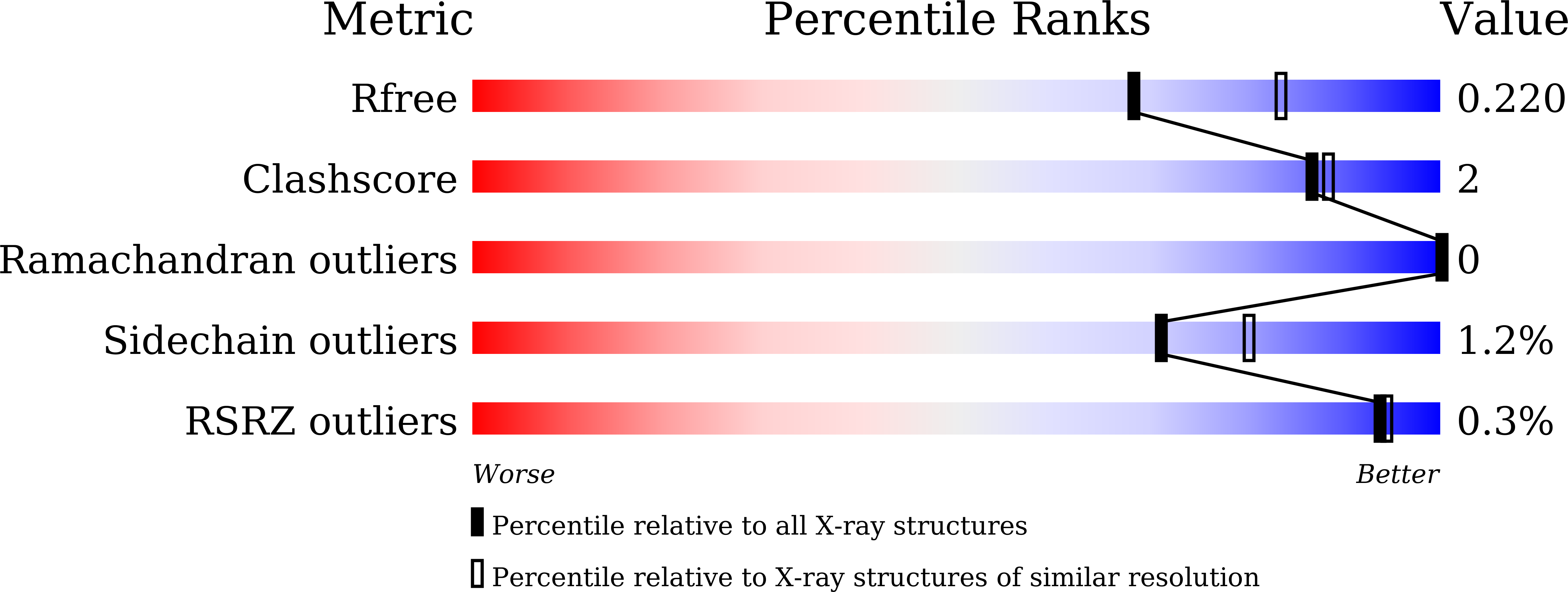
Deposition Date
2022-11-17
Release Date
2023-03-29
Last Version Date
2024-10-30
Entry Detail
PDB ID:
8HHU
Keywords:
Title:
Crystal structure of the SARS-CoV-2 main protease in complex with SY110
Biological Source:
Source Organism(s):
Expression System(s):
Method Details:
Experimental Method:
Resolution:
2.26 Å
R-Value Free:
0.22
R-Value Work:
0.18
R-Value Observed:
0.18
Space Group:
C 1 2 1


